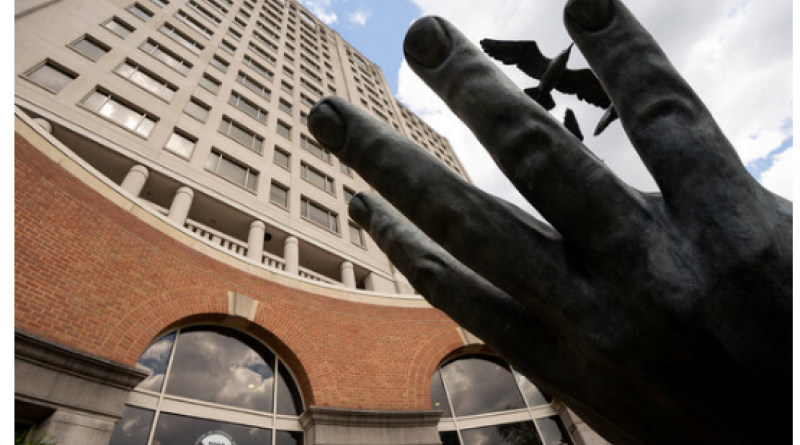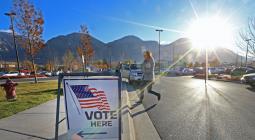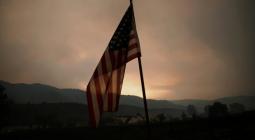One thing you can do: Vote

The United States is the world’s second-largest emitter of planet-warming greenhouse gasses and the presidential election next week will have a big impact on the extent to which those emissions are curbed, if they are at all. But it’s also important to pay attention to elections for local officials and ballot initiatives.
Troy Moon, the director of sustainability for Portland, Maine, described local government as “where the rubber meets the road” on decisions about schools, health services and, yes, sustainability policies. In Portland, City Council members enacted the first plastic bag fee in Maine, set a goal to reduce the city’s carbon emissions by 80 percent by 2050 and created a resiliency plan to protect the coastal neighborhood of Bayside from flooding caused by sea level rise.
Every city’s government operates differently, but by-and-large, elected officials and their appointees are responsible for a wide range of important environmental decisions: How to manage local flooding, building-efficiency targets and whether or not residents have access to recycling and curbside composting, to list just a few.
Mr. Moon said a vote in a local municipal election could have “a lot more impact” in your day-to-day life than a federal vote. “Those are the folks that are going to make an impact on your home and where you live,” he said.
Before you vote, take a few minutes to research the environmental positions of the candidates running for local offices. Use reputable sources to avoid falling for fake voting guides, like a handout distributed to Democratic voters in Florida recently. According to the South Florida Sun-Sentinel, it listed Laura Loomer, a far-right activist and proponent of anti-Muslim conspiracy theories, as a Democrat to vote for.
Two good options are Vote411 and Ballotpedia, unofficial online guides where you can search for information based on where you live.
With Vote411, you can see what’s on your ballot, find your polling place, compare candidates and save profiles to create a personal voting guide. For many races, you can even watch video recordings of candidate debates and forums. The site also has resources in case of problems at your polling place.
Ballotpedia lets you look up candidates in every race in the 100 most-populated cities in the country, plus all federal and statewide elections, including ballot measures, nationwide.
The Times climate team has also prepared a field guide to climate issues in the election.
So, read up. And then vote.
29 October 2020
THE NEW YORK TIMES





